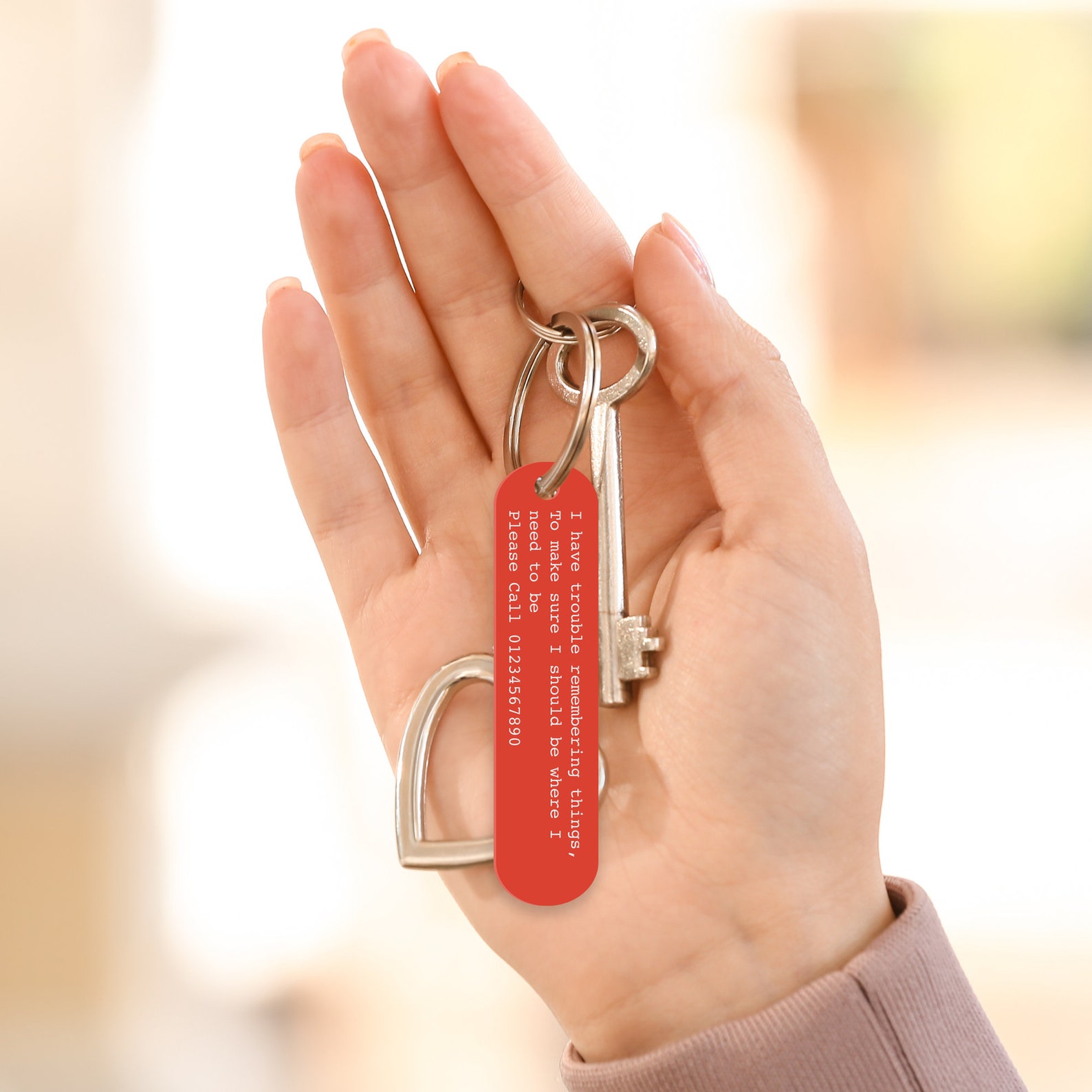How to Get Siblings to Help with Aging Parents
Posted on
When your parents get a little older, they start to get to the point where they need to be cared for. If you are their only child, then you’ll find that the responsibility is on you to make sure that they are in the right care home or that you look after them yourself.
If you are one of a few children, you might find it a little harder to share the responsibility and might be looking for tips on how to get siblings to help with aging parents.
In this article, there are some helpful tips on how to work with your siblings to care for your elderly parents.

Sibling roles
The first thing that you need to consider is the roles that you have assumed through the years.
You might find that one of your siblings has always taken the responsibility while another, normally the youngest, has just gone along with whatever has decided.
You need to remember that just because it has worked like this in the past, doesn’t mean that you need to follow this when caring for your parents.
You'll need to agree and manage your time together to provide the best level of care for your parents. Unlike a care home that uses dedicated care management software you will need to agree a rota between yourselves to ensure even and fair cover. Some siblings may have more family responsabilities than others which should be considered when creating a care rota.
Other responsibilities
Another thing that you need to consider when it comes to caring for your elderly parents with your siblings is the levels of responsibility that each sibling has.
Maybe one of your siblings has four kids and a partner while you live by yourself and don’t have anyone else to look after.
Make sure to consider these factors when deciding who will be the primary caregiver but remember to share responsibilities if you can.
You can also help your elderly relative find someone in a similar situation. Someone totalk to and spend time with. Finding them a friend or companion is a great way to provide another caring hand.

Conversations down Memory Lane - 100 Dementia Friendly Conversation Cards to Connect with the Person Better created by Dr George Baldwin
Talk to each other
One of the most important things that you should do when sharing the responsibility of caring for your ageing parents is to talk to each other.
Something that can tear families apart is unhappiness and lack of communication.
If you feel like one of your siblings is not pulling their weight or that they not letting you help, say something.
Hold some family meetings about this to make sure that everyone agrees on the big decisions that are being made.
How to talk to siblings about aging parents
Talking to siblings about aging parents can be a sensitive and important conversation. Here are some steps you can take to approach the topic:
- Choose the right time and place: Find a suitable setting where everyone can sit down and have a calm and uninterrupted conversation. Avoid rushed or stressful situations.
- Initiate the conversation: Start by expressing your concern and the reason why you want to discuss your aging parents. For example, you can say, "I've been thinking a lot about Mum and Dad's well-being as they age, and I believe it's important for us to have a conversation about their future."
- Encourage open communication: Create a safe and open environment where everyone can share their thoughts and concerns. Encourage each sibling to express their feelings and perspectives without judgment.
- Share observations: Talk about what you have noticed about your parents' health, well-being, or any changes in their behavior. Be specific and provide examples to support your concerns.
- Discuss their needs and wishes: Explore what your parents might need as they age and any wishes they have expressed to you or others. Discuss their physical and mental health, living arrangements, financial situation, and any plans they may have made.
- Assess each sibling's availability and resources: Evaluate each sibling's availability to support your parents and their financial or practical resources. This will help determine how responsibilities can be shared among siblings.

Door Knob Key Turner Grip – Arthritis Aid, Easy Key Holder
Get a personal alarm
No matter how much you try, you and your siblings mightn’t be able to be physically with your parents all the time. You shouldn’t need to worry constantly when you’re not with them, however. Getting an elderly personal alarm can be an effective way of keeping an eye out for them.
Depending on the alarm, you can take advantage of multiple features. You’ll be notified precisely when your parents need help, with some options even notifying authorities, if appropriate. Combined with a few other tools and pieces of technology, you can take care of your elderly parents no matter where you are.
Talk to a professional
If you are really struggling to get through to your siblings about the stress that you are feeling, make sure to talk to someone else.
You could talk to your friend or partner or even an online therapist like those at AskaCoach who are experts in the field.
Getting your feelings out and hearing some advice will help you to understand how to approach this topic with your siblings and sort the situation out quicker.
The cost
It is likely that your parents have paid for a lot as you have grown up, so if you are financially able to then consider helping them out in their old age if they need financial help.
Perhaps you need to pay for some adjustments to their home or even a care home for them to stay in. If you are considering a care home make sure you select one where they will be happy. Consider the location, the quality of the facilities, care home activities and the friendliness of the staff.
Whatever it is, you should make sure to share the costs equally amongst your family. Don’t let one person cover everything as this may only lead to more arguments in the future.
You may even be able to earn money taking care of the elderly if you are in the US. If not, or if money is a worry, then check out my articles on how to make extra income at home and all my money saving tips.

Funny Birthday Card: Same Age As Old People - Adult Humour
Establishing boundaries and respecting individual needs
When caring for aging parents with your siblings, it's crucial to establish boundaries and respect each other's individual needs. Each sibling may have different personal and professional commitments, which can affect their availability and ability to contribute to caregiving responsibilities. Openly discuss and define boundaries to ensure everyone's needs are considered.
One effective way to manage boundaries is by creating a schedule or care plan that accommodates everyone's availability and responsibilities. This allows for a fair distribution of tasks and avoids overburdening one sibling. Additionally, respecting each other's personal space and time can help maintain a healthy balance between caregiving and personal lives.
It's important to remember that everyone's involvement and contributions may vary, and that's okay. Recognise and appreciate the unique strengths and limitations of each sibling. By understanding and respecting individual needs, you can foster a supportive and collaborative caregiving environment.
Seeking external support and resources
Caring for aging parents can be emotionally and physically demanding, and it's essential to acknowledge when external support is necessary. Utilising external resources and professional assistance can alleviate the burden on siblings and ensure the best possible care for your parents.
Consider reaching out to community support services, such as local senior centres, home care agencies, or support groups for carers. These resources can provide valuable guidance, respite care options, and additional help when needed. Professional carers can also be hired to provide Live in Care or assistance with specific tasks.
Moreover, exploring government programmes and benefits can help cover some of the expenses associated with elder care. Investigate what financial aid or benefits your parents may be eligible for, and involve your siblings in the process to share the responsibilities of navigating bureaucratic procedures.

Personalised Number Plate for Mobility Scooter
Self-care for siblings and maintaining family bonds
Caring for aging parents can take a toll on siblings' physical, emotional, and mental well-being. It's essential to prioritise self-care and maintain family bonds throughout this journey.
Encourage each other to engage in self-care practices, such as exercise, hobbies, or spending time with friends. Taking breaks and nurturing personal well-being allows siblings to recharge and maintain their own health. By prioritising self-care, siblings can better fulfil their caregiving roles without burning out.
Additionally, make an effort to preserve and strengthen family bonds during this challenging time. Plan regular family gatherings or activities that don't revolve solely around caregiving. This allows siblings to reconnect and support one another beyond their responsibilities as carers. Sharing fond memories and creating new ones can bring joy and a sense of togetherness, reinforcing the familial support system.
Prayer for taking care of elderly parents
If you are religious, then you may find prayer a helpful way to see you through the time of your aging parents. Here's an example prayer for aging parents you may wish to use for inspiration:
"Dear Heavenly Father,
I come before You with a humble heart, seeking Your guidance and strength as I care for my aging parents. You are the source of wisdom and compassion, and I trust in Your loving presence throughout this journey.
I thank You for the gift of my parents and the years they have invested in nurturing and raising me. I am grateful for the love, sacrifices, and memories we have shared together. As they grow older and face new challenges, I ask for Your grace and guidance to fulfill my duty as their caregiver.
Grant me patience, Lord, as I navigate the complexities of their health, emotions, and changing needs. Help me to be attentive, compassionate, and understanding as I tend to their physical, emotional, and spiritual well-being. Give me the strength to endure the difficult moments and the wisdom to make the right decisions on their behalf.
Father, I pray for their comfort and peace. Ease their physical pain, grant them restful sleep, and provide them with strength to face each day. Surround them with loving and supportive people who can bring them joy and companionship.
Help me, Lord, to be selfless in my service to my parents, putting their needs above my own. Fill me with Your love, so that I may extend grace, kindness, and forgiveness in moments of frustration or weariness. Teach me to cherish and value this time with them, knowing that it is a precious season of life.
May Your divine presence be felt in our home, bringing a sense of calm and reassurance to my parents. Guide me in making wise decisions regarding their care, whether it is seeking medical advice, arranging for assistance, or making adjustments to their living situation.
Lord, I place my trust in You, knowing that You hold my parents' lives in Your hands. May Your peace that surpasses all understanding guard our hearts and minds as we walk this path together.
In Jesus' name, I pray,
Amen."

Protecting elderly parents from siblings
Protecting elderly parents from potential conflicts or harm caused by siblings can be a challenging situation. Here are some steps you can take to help ensure their well-being:
- Open and honest communication: Maintain open lines of communication with your parents and siblings. Regularly check in with your parents to understand their needs, concerns, and desires. Establish clear channels of communication with your siblings to address any potential issues or conflicts.
- Assess your parents' wishes: Understand your parents' desires and wishes regarding their care and decision-making. Encourage them to create or update legal documents such as a will, power of attorney, or healthcare proxy. Ensure that their wishes are clearly documented and legally binding.
- Encourage family meetings: Organise family meetings to discuss your parents' needs, concerns, and plans for their care. Encourage all siblings to participate and provide input. These meetings can serve as a platform for open dialogue and collaborative decision-making.
- Delegate responsibilities: Assign roles and responsibilities among siblings based on their strengths, availability, and willingness to contribute. Clearly define each sibling's responsibilities to ensure that all aspects of your parents' care are addressed. Regularly reassess and adjust these responsibilities as needed.
- Seek professional advice: Consult with professionals such as attorneys, financial advisors, or geriatric care managers to obtain expert guidance on matters related to your parents' care, estate planning, and finances. Their expertise can help you navigate complex situations and ensure your parents' best interests are protected.
- Maintain financial transparency: If you have concerns about financial abuse or mismanagement, promote transparency and accountability regarding your parents' finances. Ensure that all financial transactions are properly documented, and consider involving a trusted third party, such as a financial advisor, to oversee financial matters.
- Consider mediation or counselling: If conflicts between siblings arise and threaten your parents' well-being, consider engaging a mediator or family counsellor to facilitate productive conversations and find common ground. Professional mediation can help resolve disputes and ensure the focus remains on your parents' best interests.
- Advocate for your parents: Be a strong advocate for your parents' needs and well-being. If you suspect neglect, abuse, or any form of mistreatment, take appropriate steps to protect them, such as reporting concerns to the appropriate authorities or seeking legal advice.
- Document everything: Keep thorough records of important conversations, decisions, and actions related to your parents' care. This documentation can serve as evidence of your efforts to protect and support your parents in case conflicts or legal issues arise.
Remember, each family dynamic is unique, and finding a resolution may take time and effort. It's important to prioritise your parents' well-being and work towards a solution that promotes their best interests while maintaining open and respectful communication with your siblings.
Final word
Caring for aging parents with siblings is a shared responsibility that requires effective communication, cooperation, and respect. By acknowledging and discussing sibling roles, considering individual responsibilities, maintaining open lines of communication, and seeking external support when necessary, siblings can work together to provide the best care for their aging parents.
Establishing boundaries and respecting individual needs ensures a fair distribution of responsibilities and prevents conflicts. Seeking external resources and professional assistance can alleviate the caregiving burden and provide specialised support. Prioritising self-care and maintaining family bonds allows siblings to navigate the challenges of caregiving while preserving their own well-being and the unity of the family.
Remember, caring for aging parents is a journey that requires empathy, patience, and flexibility. By embracing these principles and working together, siblings can create a nurturing and supportive environment for their parents, ensuring their well-being and quality of life during their later years.
